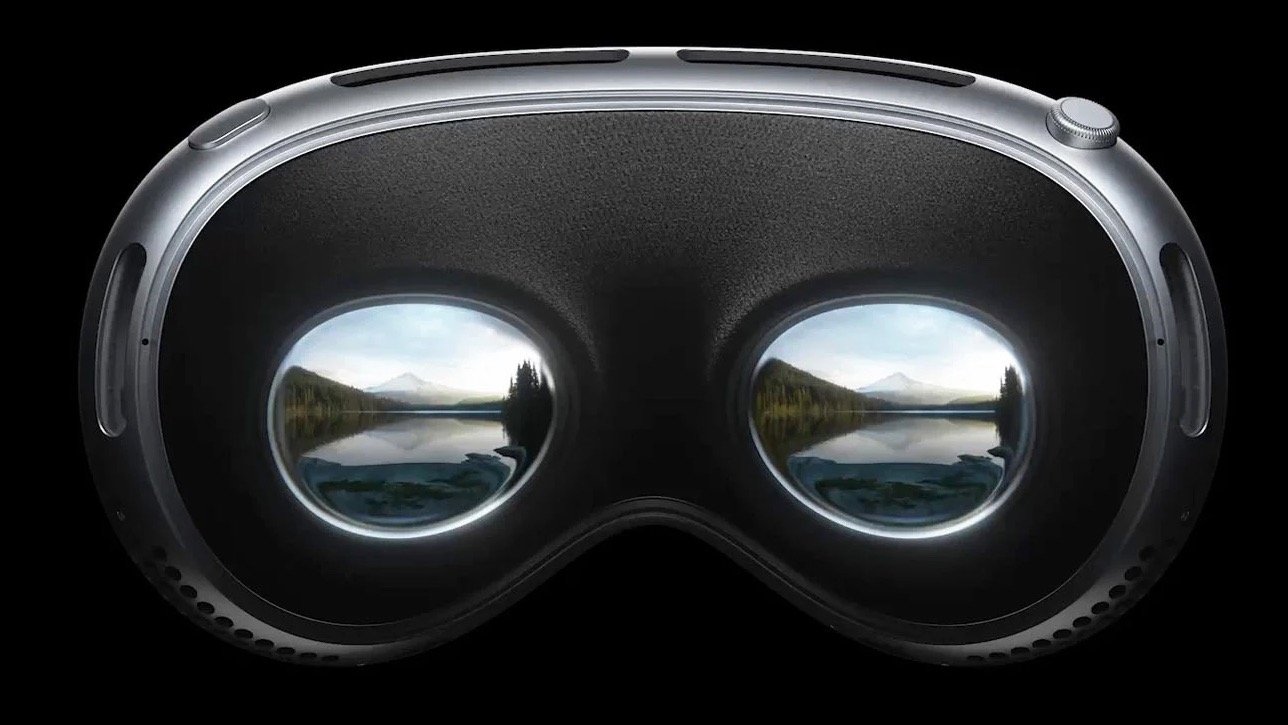Canon and other camera companies have been exploring 3D, VR, and AR for a while now, but the Apple Vision Pro represents a very different challenge.
Executives from camera company Canon see a new business opportunity and potential market for a camera system that can create immersive video content for Apple’s Vision Pro. At present, however, none of their cameras can yet handle the resolution and refresh rate Apple’s headset requires.
Speaking to camera site Petapixel at the CP+ camera show in Yokohama, Japan last week, Canon officials believe they already have part of the puzzle — a 5.2mm f/2.8 L lens that is designed specifically for producing VR content. The challenge is that the company doesn’t yet have a camera with the refresh speed needed to match the Vision Pro’s high-resolution screens.
Some of the immersive environments Apple has supplied already for the Apple Vision Pro have moving elements in them, but are believed to consist of a mix of computer-generated high-resolution static images and what was likely an 8K video system from camera maker RED.
Other companies would like to produce a camera system that could create images capturing real-world environments at the Vision Pro’s resolution and refresh rate without resorting to computer graphics. They foresee market demand for tools that can quickly create such environments.
Canon’s Yasuhiko Shiomi believes this would require a camera capable of a “100-megapixel resolution at 60 frames per second.” It’s the refresh rate that is currently complex to get to in combination with a resolution that high. It would amount to 14K video, a 3.5 times improvement over the current 4K standard.
There does exist one system already out there that can produce video to these specs — the Sphere in Las Vegas has a “Big Sky” camera which is, in fact, an 18K video system. However, it costs millions of dollars, and requires 12 people to operate it, making it impractical for the emerging VR production market.
“At the moment, Canon can’t cater to that level of a requirement,” Shiomi said. However, Senior Managing Executive Officer and Deputy Head of the Imaging Group at Canon, Go Takura, noted that “technically, theoretically, we can do that.”
“The problem is whether we can come up with the products that can be commercially viable and a price can be affordable enough for the customers to be able to buy them,” Takura added.
Canon does already have a sensor capable of 100 megapixel resolution, but at present it cannot reach the required 60 frames per second.
“We are polishing our technology so that we can provide the high resolution for the VR purposes,” Shiomi said. “So we will continue trying to improve our technology so that we can improve both resolution and speed with a good balance.”


